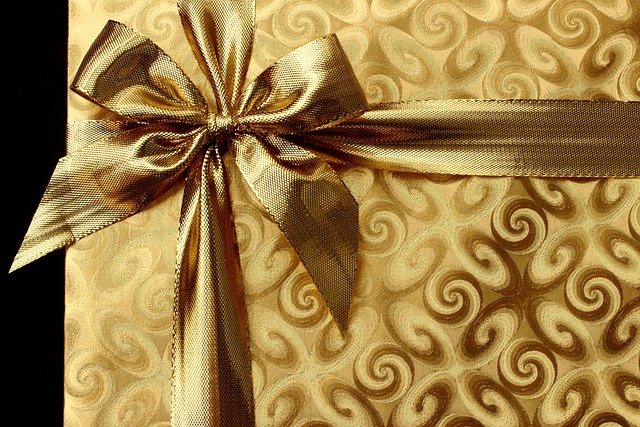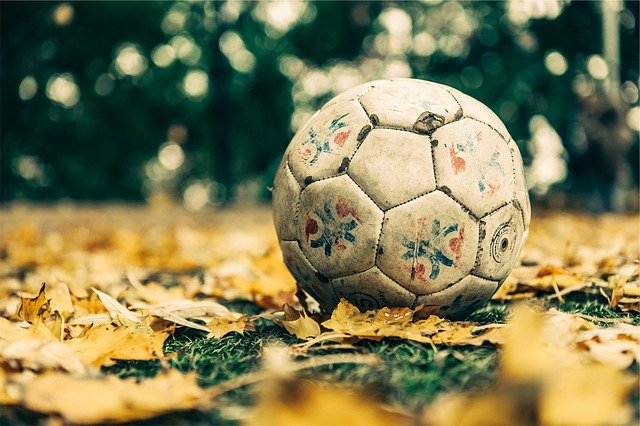Presenter and comedian Matt Lucas' episode of Who Do You Think You Are? was
focussed on the experiences of his Jewish family during the terrible events
of the Holocaust.
Specifically, he wanted to know about his Jewish grandmother's experiences in
pre-war Berlin, and what had become of her extended family afterwards.
Recent history can sometimes be the most devastating, affecting, as it does,
people we knew and loved.
Like many, Matt Lucas' relatives sought safety in a place that they thought
would be safe - Amsterdam in The Netherlands.
Sadly, The Netherlands did not remain safe for long - despite being a neutral
country, Germany invaded and occupied the country from
10th May 1940.
This meant that Dutch Jewish communities were also persecuted and murdered in
the Holocaust. The safety of Amsterdam was no longer safe.
A big surprise came when Matt found that one of his family members had
known, and lived with, Anne Frank and her family before they went into
hiding - and in fact Anne had mentioned him in her diary.
It's another example of just how personal the past becomes through the lens of
family history.
Actress Anna Maxwell Martin's episode also featured difficult events in the
lives of her grandparents.
Following her Irish paternal family, her uncle explained a little more to her
about how difficult it was for their grandparents when one of their three sons
died of Leukaemia.
It was also interesting that her uncle's view, as the older brother, was a
little more measured than the experiences of Anna's father, who was younger
when their brother died and felt more of a coldness in their collective
childhoods than Anna's uncle did.
Turning to her maternal Scottish family, Anna looked into the family of her
grandfather, Maxwell - whose name she took as part of her stage name.
Maxwell's upbringing was harder and more cruel than Anna had imagined. As a
five-year-old child, after the death of his mother, Maxwell had been sent to
an orphanage - where he was separated from his sisters, due to a policy of
splitting boys and girls.
His father - Anna's great-grandfather - was still alive at the time, which led
Anna on a journey of finding out why he had not been able to care for his
younger children.
What followed was a tale of drunkenness and severe domestic abuse - for
which Maxwell's father went to prison several times.
He was obviously returning to his wife when released from prison, as many of
their large family of children were born after his first recorded offence.
Which may explain why, despite having died in her 40s, the picture of
Maxwell's mother looks like an elderly lady. Her life was not an easy one.
One of the more difficult things about family history is that we can't
change the past.
We can only try to understand and honour what our family members have been
through.
Looking for your own family's story?
I offer a range of genealogy services. Feel free to drop me an e-mail to discuss your research needs.





